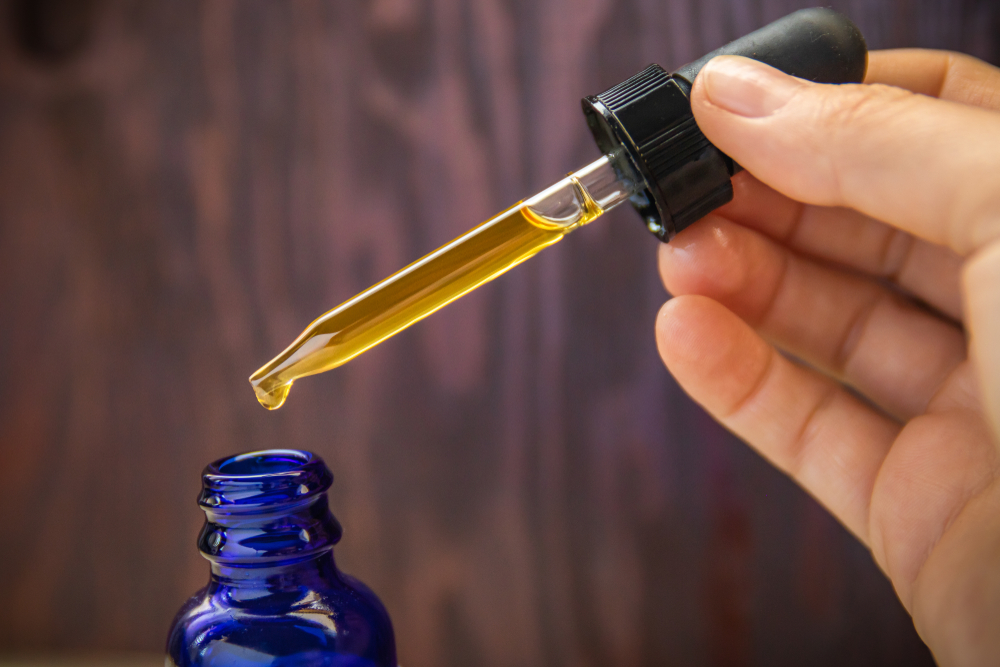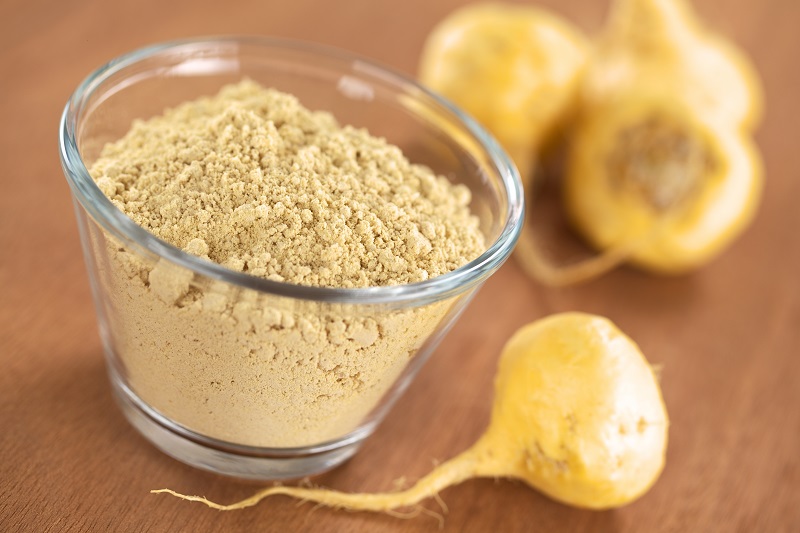The increasing demand for liquid vitamins and supplements reflects the advantages of liquid as a nutrient delivery method. Liquids are easy to swallow, which is helpful for children or individuals who experience difficulty swallowing pills. They are also effectively absorbed by the body and provide opportunities for quickly consuming large doses of multiple vitamins and minerals at once.
For many consumers, the ideal supplement is not only in liquid form but also certified organic. Organic certification represents an emphasis on clean, natural ingredients, appealing to modern consumers who are both health-conscious and eco-friendly.
Organic certification is governed by the United States Department of Agriculture (USDA). However, a supplement brand’s most essential relationship for ensuring organic authenticity is with a reliable manufacturing partner. In the sections below, we’ll review the key considerations for working with an organic liquid supplement manufacturer and ensuring organic authenticity.
Understanding the Organic Liquid Vitamin Production Process
Verifiable organic production involves end-to-end supply chain visibility. Transparency, traceability, and certification ensure that no non-organic ingredients find their way into organic products.
In the liquid vitamin industry, conventional production methods involve the use of GMOs, synthetic ingredients, and non-organic plant-based ingredients. Meanwhile, organic production emphasizes natural ingredients, sustainability, and avoidance of harmful chemicals.
Along with transforming ingredients into finished products, organic manufacturers serve as gatekeepers for preventing the use of non-organic ingredients.
Supplement brands that work with NOP-compliant manufacturers receive assurance that ingredient sourcing, equipment use, and production methods follow organic standards. Organic manufacturers must uphold rigorous standards for cleanliness, equipment upkeep, and documentation.
USDA Organic and Equivalent Certifications
The USDA governs organic food production through the National Organic Program (NOP). The NOP sets national standards for organic products and upholds the integrity of the familiar green and white “USDA Organic” seal. The USDA authorizes certifying agencies such as Quality Assurance International (QAI) to certify organic producers.
To ensure organic authenticity and the right to use a USDA organic seal for your products, work with an NOP-compliant manufacturer.
Along with USDA Organic certification, brands working with international suppliers should also understand the concept of international equivalency agreements. “Organic equivalency” is established when two countries agree that their organic standards are aligned. Then, a single certification process can earn a product organic status in both countries.
Ingredients Verification: Ensuring Organic Sourcing
For organic liquid supplement brands, it’s essential to work with manufacturers that use traceable, verifiable ingredients. After all, “organic” isn’t simply an ideal or a general description; it’s an official status that indicates compliance with rigorous standards.
While selecting manufacturing partners, supplement brands should place a high value on transparency. Work with manufacturers that conduct regular audits, use verified ingredients, and demonstrate expertise in organic certification.
To verify the organic status of individual ingredient suppliers, consult the USDA’s Organic Integrity Database.
Below, we’ll discuss a few more key considerations regarding partnering with liquid vitamin manufacturers and verifying ingredients.
Analytical Testing: Beyond Surface-Level Verification
Work with a manufacturing partner that invests in rigorous, transparent testing to verify the integrity of organic ingredients.
Testing for liquid vitamin products may include:
- Heavy metal tests
- Pesticide residue tests
- Microbiological tests
Manufacturers should provide a Certificate of Analysis (CoA) for each organic product batch that indicates testing results and other essential batch data.
Partnerships and Collaborations
Choose vitamin manufacturing companies that have excellent reputations in the B2B industry. Indicators of excellence include longevity (how long the company has existed), testimonials, references, industry accolades, and certifications.
Along with direct partnerships, it’s helpful for some supplement brands to join industry associations such as the Consumer Healthcare Products Association. Other partnerships may include collaborative business ventures with other brands and strategic partnerships for sharing best practices and resources.
Regular Training and Continuous Learning
In the supplement industry, regulations and best practices are always evolving. Therefore, it’s helpful to work with manufacturing teams that are organic experts and collaborative business partners.
A helpful manufacturing partner may be able to assist your brand’s leadership team by sharing training materials, discussing regulatory updates, and assisting with your organization’s staff training program.
Get Organic Liquid Vitamins for Your Supplement Brand
Is your supplement brand looking for a new liquid manufacturing partner? At Yellow Emperor, we’re a Certified Organic Processor with an A+ rating with NSF. We’re your ideal partner for liquid vitamins, herbal supplements, pet care products, and other liquid supplements.
Contact our team today to discuss your organic liquid vitamin manufacturing needs today.







